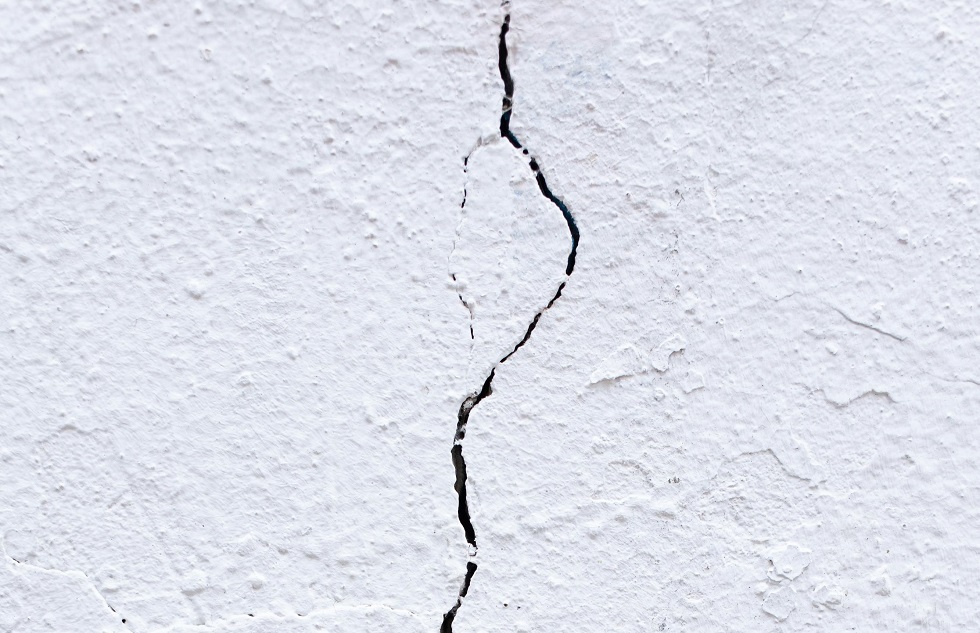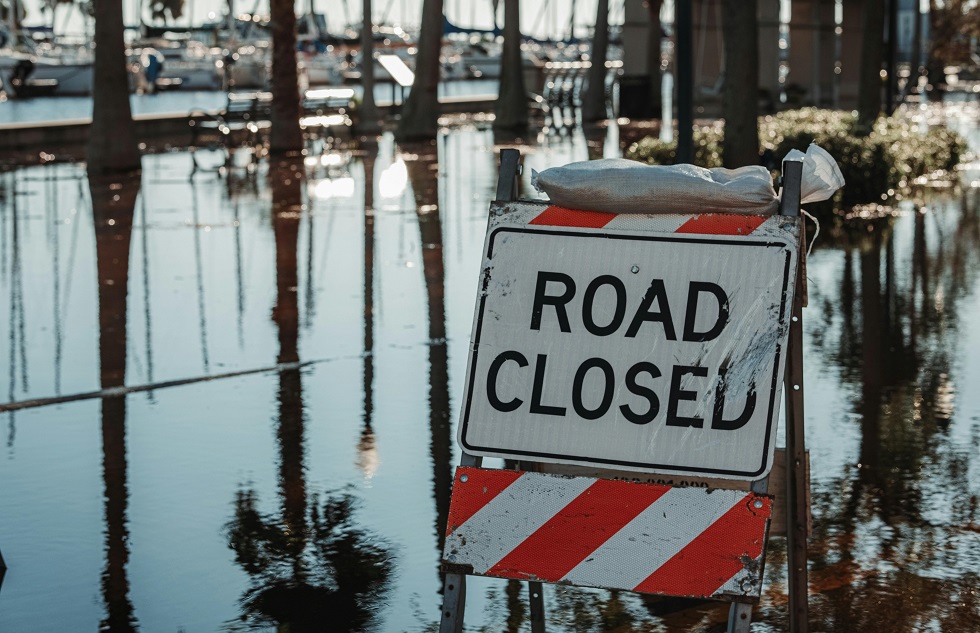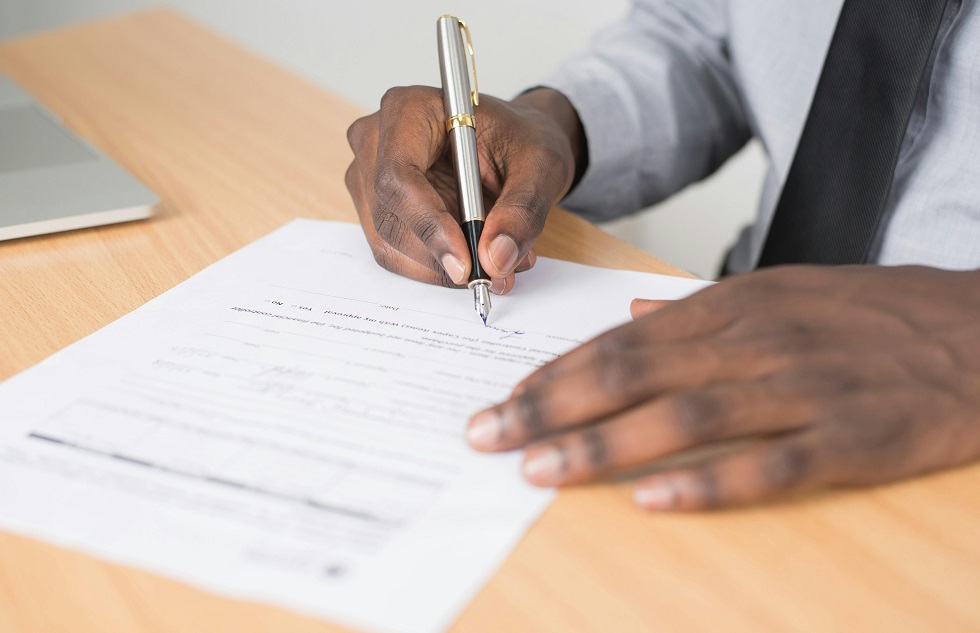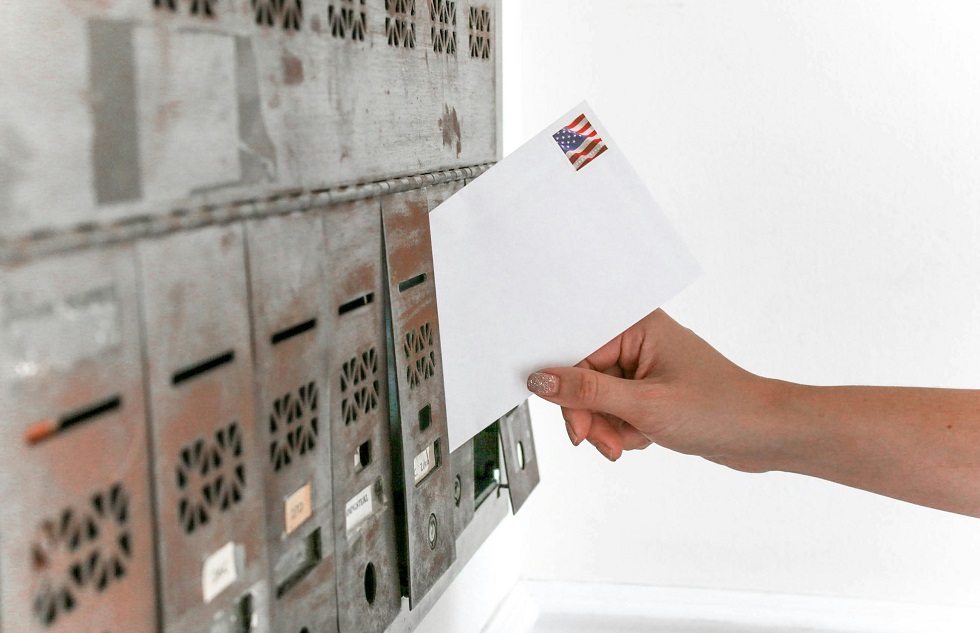Hurricane damage can be devastating for Florida homeowners, leaving them in a state of distress and financial uncertainty. When insurance claims for such damage are denied, it adds another layer of stress to an already difficult situation. Facing a denied claim doesn’t mean all hope is lost.
Homeowners can take several steps to fight a denied hurricane damage claim, including reviewing the denial letter carefully, gathering additional evidence, and seeking professional legal assistance. Understanding the reasons for denial is crucial, as it often stems from policy exclusions, missed deadlines, or insufficient documentation of damage.
Taking prompt action is key when dealing with a denied claim. Homeowners should consider appealing the decision directly with their insurance company, providing any additional information or documentation that supports their case.
If the insurer remains uncooperative, seeking help from an experienced attorney specializing in insurance law can significantly improve the chances of overturning the denial and obtaining the compensation needed for repairs and recovery.
At Landau Law, we’ve helped our clients recover millions in property damage claims. Contact us today to schedule a free review and learn how we can help you!
Understanding Your Policy and Coverage
Insurance policies for hurricane damage can be complex documents. Homeowners should carefully review their coverage before disaster strikes. Key elements to examine include specific perils covered, coverage limits, and any exclusions. You also could have your attorney review your policy for you.
Most standard policies cover wind damage from hurricanes. However, flood damage often requires separate coverage. It’s crucial to understand this distinction, as flooding can cause significant destruction during storms.
Deductibles for hurricane claims may differ from standard deductibles. Some policies have percentage-based deductibles for named storms, which can result in higher out-of-pocket costs.
Policy language can be confusing. Terms like “anti-concurrent causation” may impact claim payouts. This clause can limit coverage when multiple factors contribute to damage.
Documentation is vital for successful claims. Homeowners should:
- Take photos/videos of property before hurricane season
- Keep detailed records of belongings
- Store policy documents in a safe, accessible location
Regular policy reviews are recommended. Coverage needs may change over time due to property improvements or changes in replacement costs.
Consulting with an insurance professional can help clarify policy details. They can explain coverage gaps and recommend additional protections if needed.
Reasons Insurance Companies Deny Property Damage Claims
Insurance companies may deny property damage claims for various reasons. Insufficient documentation is a common issue. Policyholders should provide detailed evidence of the damage, including photos and receipts.
Disputes over the cause of damage can lead to denials. Insurers may argue that pre-existing conditions or poor maintenance, rather than the hurricane, caused the damage.
Late or missed premium payments can result in coverage lapses, giving insurers grounds for denial. Policyholders must stay current on payments to maintain valid coverage.
Policy exclusions are another factor. Many standard homeowners policies don’t cover flood damage from hurricanes. Carefully reviewing policy terms is essential to understand coverage limits.
Failure to mitigate further damage after a hurricane can lead to claim denials. Policyholders are typically required to take reasonable steps to prevent additional property damage.
Incorrect claim filing is problematic. Errors or omissions on claim forms can result in denials. Seeking professional assistance when filing complex claims may be beneficial.
Insurance companies may also dispute the extent of damage or the cost of repairs. Getting independent assessments can help counter lowball estimates from insurers, as can having legal representation.
Legal Steps to Challenge the Denial
When an insurance company denies a hurricane damage claim, policyholders have legal options to challenge the decision. The first step is to carefully review the denial letter to understand the specific reasons given.
Gathering additional evidence to support the claim is crucial. This may include photographs, videos, repair estimates, and expert assessments of the damage.
Filing a formal appeal with the insurance company is typically the next course of action. This should include a detailed explanation of why the denial is being contested, along with supporting documentation.
If the appeal is unsuccessful, policyholders can file a complaint with their state’s insurance regulatory agency. These agencies can investigate the claim and potentially mediate a resolution.
Seeking legal representation from an attorney specializing in insurance claims can be beneficial. They can navigate the complex legal process and advocate on behalf of the policyholder.
In some cases, filing a lawsuit against the insurance company may be necessary. This should be considered a last resort after exhausting other options.
Mediation or arbitration can be alternative dispute resolution methods. These processes involve a neutral third party helping to reach a settlement without going to court.
At Landau Law, we help Florida residents with property damage claims, including many hurricane damage claims. To find out how we can help you, schedule a free case consultation today!
Florida Property Damage Lawyers
Insurance Blog Posts

How Do Home Insurance Companies Determine Pre-existing Damage?
Home insurance companies employ various methods to assess pre-existing damage when evaluating property damage claims. This process is crucial for insurers to determine the validity and extent of coverage for property damage. Insurance adjusters conduct thorough visual...

Signs Your Insurance Adjuster Estimate Is Too Low
Insurance claims can be complex, and receiving an adjuster's estimate that seems too low is a common frustration for policyholders. Recognizing the signs of an undervalued estimate is crucial to ensure fair compensation for property damage or losses. Key indicators of...

Guide To Documenting Damages For A Florida Flood Claim
Proper documentation of flood damage is crucial for a successful insurance claim in Florida. When floodwaters recede, homeowners face the daunting task of assessing and recording the extent of their losses. Thorough documentation, including photos, videos, and...

What To Do If You Disagree With A Home Insurance Adjuster
Dealing with a home insurance claim can be stressful, especially when you disagree with the adjuster's assessment. Many homeowners find themselves in this frustrating situation after experiencing property damage or loss. If you disagree with the insurance adjuster's...

Common Reasons Your Florida Hurricane Damage Insurance Claim May Be Denied
Florida homeowners face a daunting challenge when their hurricane damage insurance claims are denied. Understanding the common reasons for these denials can help you navigate the claims process more effectively. Insurance companies may deny claims due to inadequate...

How Long Does An Insurance Company Have to Pay a Claim in Florida?
How long does my insurance company have to settle a claim in Florida? Dealing with insurance claims can be a complex process, especially when you're unsure about the timeline. In Florida, insurance companies don't have a specific deadline to pay out claims. Instead,...

How To Prepare For A Recorded Statement
Giving a recorded statement for an insurance claim can be a crucial step in the process. It's important to approach this task with careful preparation and a clear understanding of its potential impact on your claim. Take time to outline the key facts of your claim...

What Is A Property Damage Release Form? Essential Document for Claim Resolution
When dealing with property damage claims, you may encounter a document called a property damage release form. This legal instrument plays a crucial role in finalizing insurance claims and settling disputes related to damaged property. A property damage release form is...




